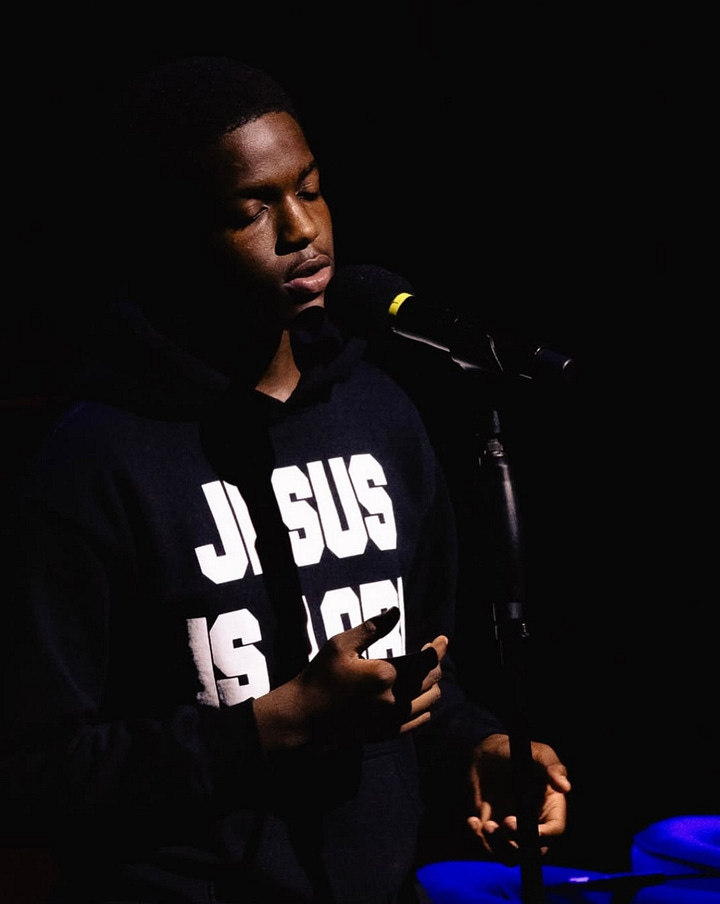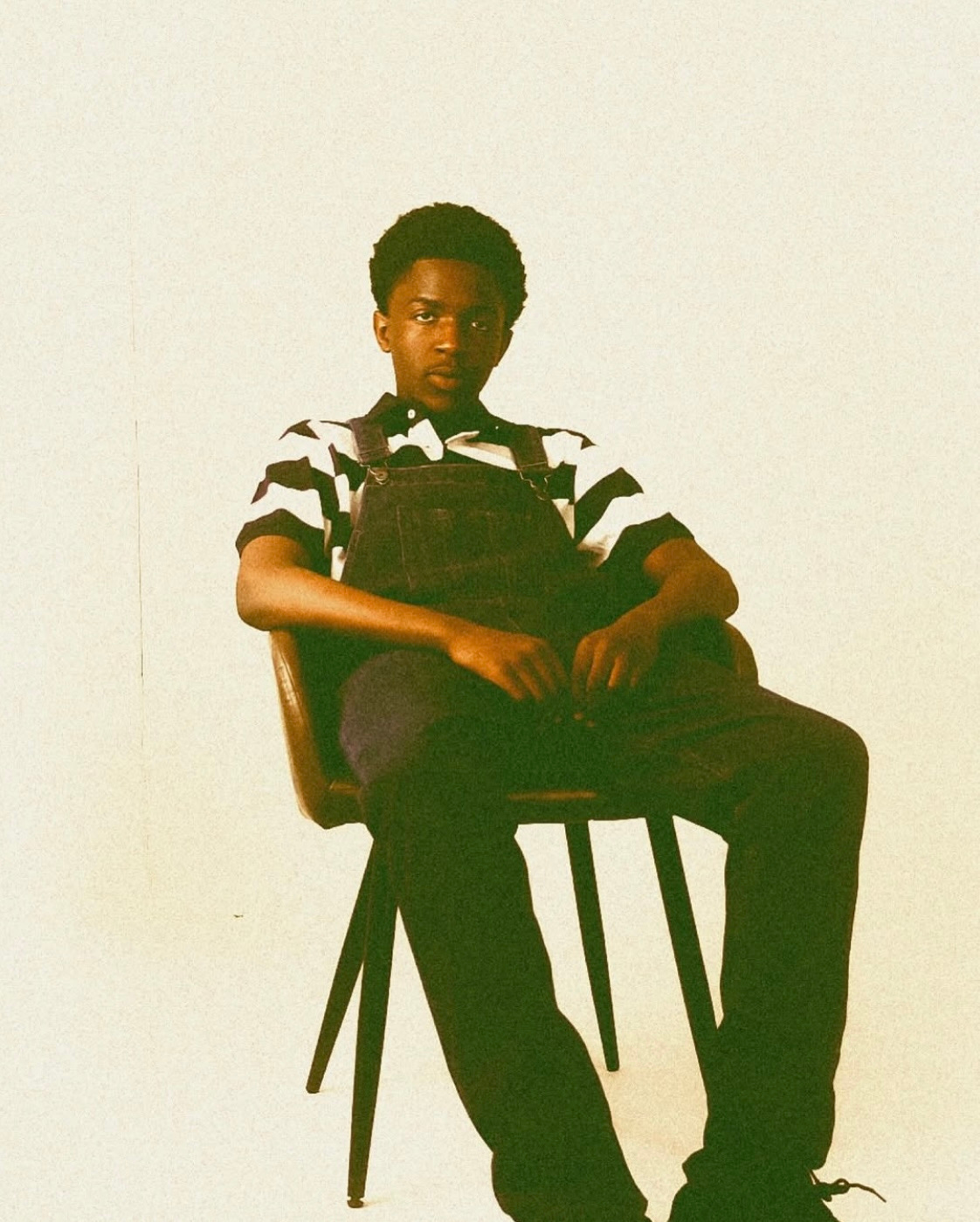DC3: When Hip-Hop meets Jesus
“Christian Hip-Hop is dead”.
“There’s no Christ in Christian Hip-Hop”.
Whether it’s coming from inside the church or outside it, Christian Hip Hop (CCH) has never been immune to criticism.
If you’re a fan of CHH you might remember the vicious efforts of G. Craig Lewis to shut down the CHH movement in the early 2000s. More recently The Cross Movement and Shai Linne critiqued the genre claiming there was “a gradual straying in the focus on Jesus.”
Outside the church, CHH as a whole hasn’t been widely rated. The public perception is that it’s corny, preachy, gimmicky and that most tracks sound like sanitised, youth-group versions of wider hip hop culture. How do I know? Because I’m someone who’s said that.
Intricate rhyme schemes meshed with creative storytelling and immersive music production form the crux of what hip-hop is today. The street soliloquies and urban poetry of artists like Nas and Kendrick Lamar are clear examples of what that looks like.
These integral elements are sacred and anyone that steps forward to the mic must honour these traditions.
Hip-Hop is believed to have been born in the Bronx in the early 70’s, owing its origins to DJ Kool Herc’s innovative use of turntables and instrumentals at house parties. Going one step further, early Hip-Hop, and the literary processes that derive from it, have roots in African colonial resistance. So though Hip-Hop was ‘formally’ birthed in the Bronx, it’s the lovechild of African colonial resistance and forced migration.
Hip-Hop was used as a tool for marginalised American ethnic minorities, a polemic against the systems that subjugated them.
In Hip-Hop culture authenticity is capital and skill is your validity. Any attempt to take from, capitalise off of or trivialise hip-hop culture are instant triggers evoking decisive rejection (that’s why artists like Vanilla Ice couldn’t last). Gimmicks and corniness won’t run. Which brings us back to Christian Hip-Hop…
Let’s keep things fair, CHH’s inability to compete in wider Hip-Hop culture may be systemic; major labels and radio stations may not want to promote it. But, it could also be down to the fact that a lot of the genre tends to be uninspiring and lyrically bland.
Artists like Lecrae and Andy Mineo have been able to top Billboard charts within the CHH but very few others have been able to reach the same heights.
That may be about to change.
After the undelivered promises of secularism and new-atheism, a lot of Gen-Z have been searching for answers to their existential questions. We’re seeing a rise of freelance spiritualities, African spiritual practices and Bible sales amongst Gen Z. That’s the cultural climate that DC3’s music speaks into.
His music explores all too relatable topics like, pride, purpose and morality and how we often fail to meet our own moral standards. His music gathers the spiritually alive and seekers alike, as he charts a new path forward.
Whether it’s his genius and engaging visuals, or the clever and intricate rhyme rapped over classic Kendrick Lamar instrumentals, it’s evident that DC3 isn’t just a student of his faith but one of Hip-Hop culture.
The maturity, conviction and direction that stain the paper of DC3’s writing make it hard to believe he’s only 18.
Sonically and instrumentally his sound is like early 2010 Joey Bada$$’, incorporating soulful jazz and boom bap sound to underlay introspective lyrics.
A lot of artists are defining their sound on established trap or Tik-Tok friendly beats. Instead DC3 seamlessly weaves through a variety of styles, from introspective, free-flowing rhyme patterns on “I KNOW” or bouncy and nonchalant bops like “JUDGE”.
Earning him a spot on the Southbank Centre stage, following in the path of UK lyricists like Little Simz and Ghetts.


DC3 maintains consciousness in his music without trading in his commercial appeal and or his faith. He’s in rare company among people like Lecrae and maybe even Chance The Rapper.
Throughout its 50+ year history, America has held the monopoly on Hip-Hop media, culture and expression, but recent breakthroughs from rappers such as Dave, Skepta and Central Cee signal that Hip Hop might be going global.
Are we witnessing the beginning of a new era in Hip-Hop? One where authenticity is actualised in CHH and the genre is able to break through and make waves in wider culture.
No one man can change the entire trajectory of a generation of music, but DC3 may be the new blueprint.



love love love DC3
this was so beautiful written!! As someone who loves to explore different music genre both non secular and secular music, when i discovered his sound, i was like finally CHH that doesn't sound corny or forced but also a sound that resonate with the secular music I enjoy such as bossa nova, spoken poetry and grime. Deca OTA is other british CHH to look out for too, his sound often reminds me of rapper Knucks.